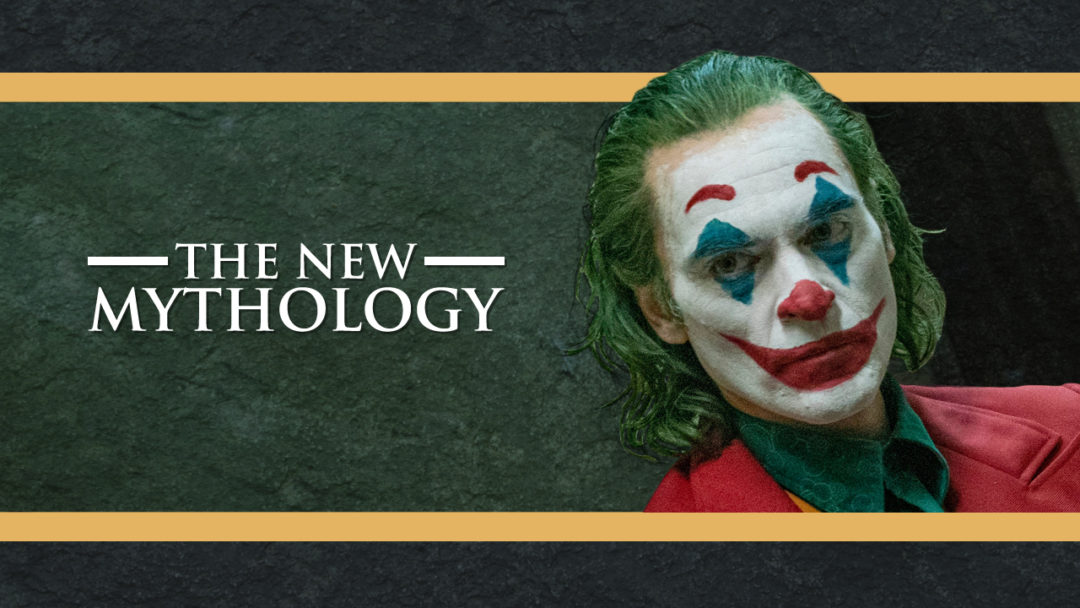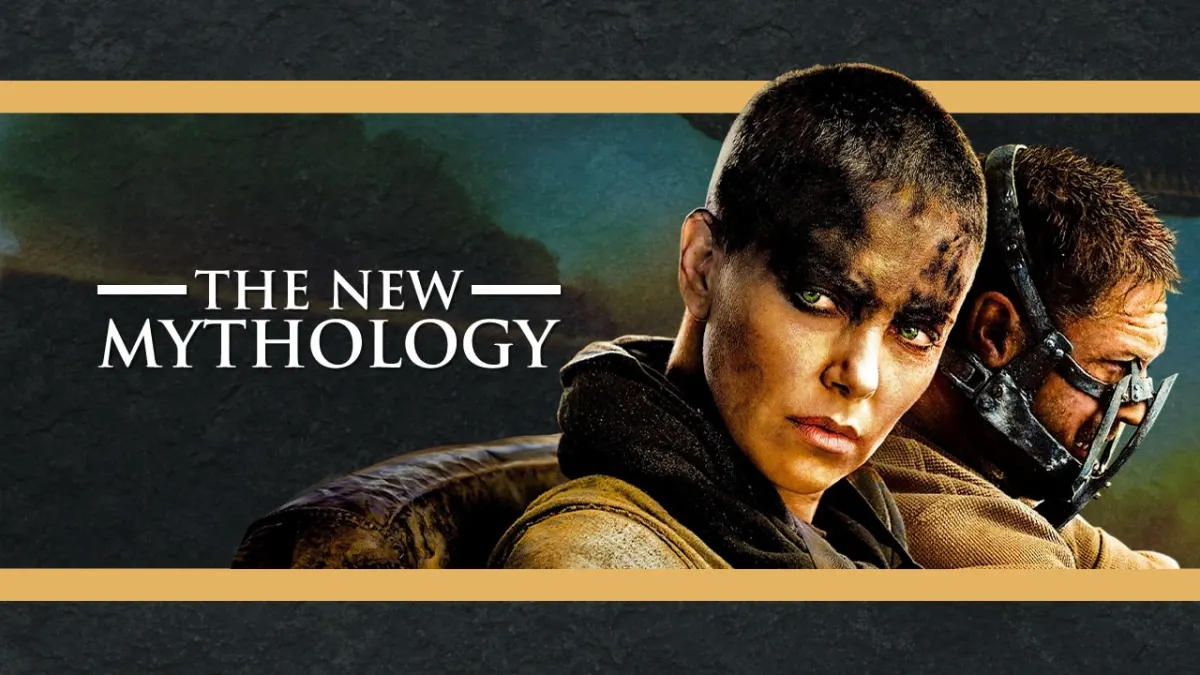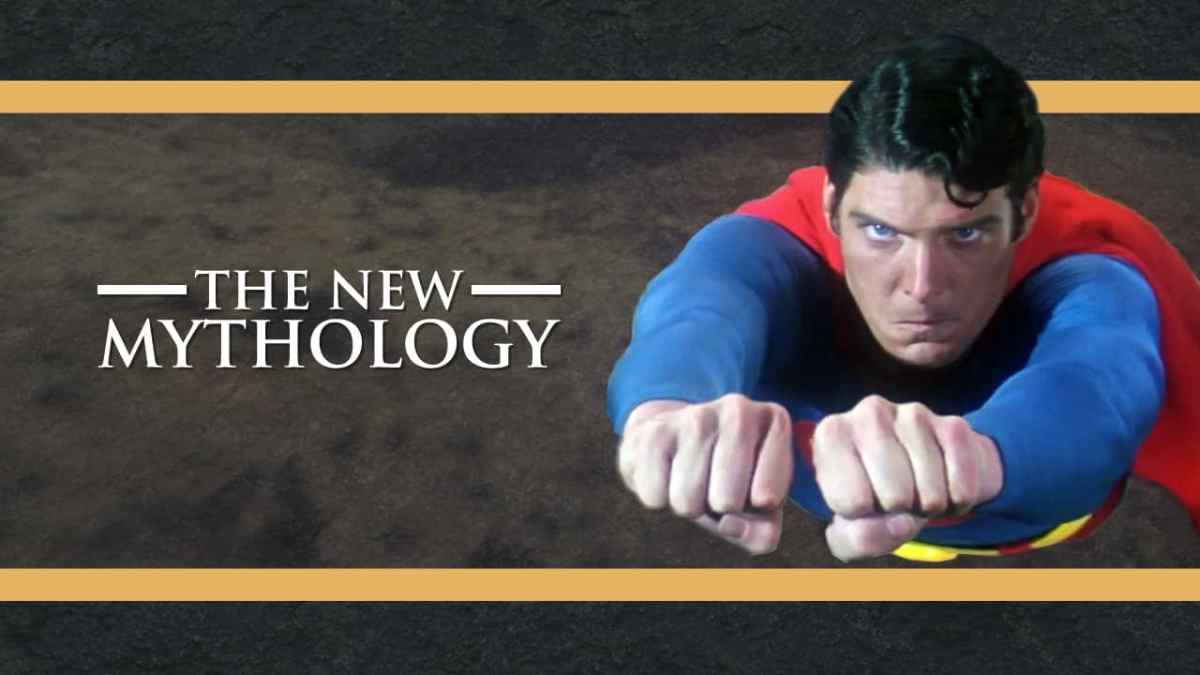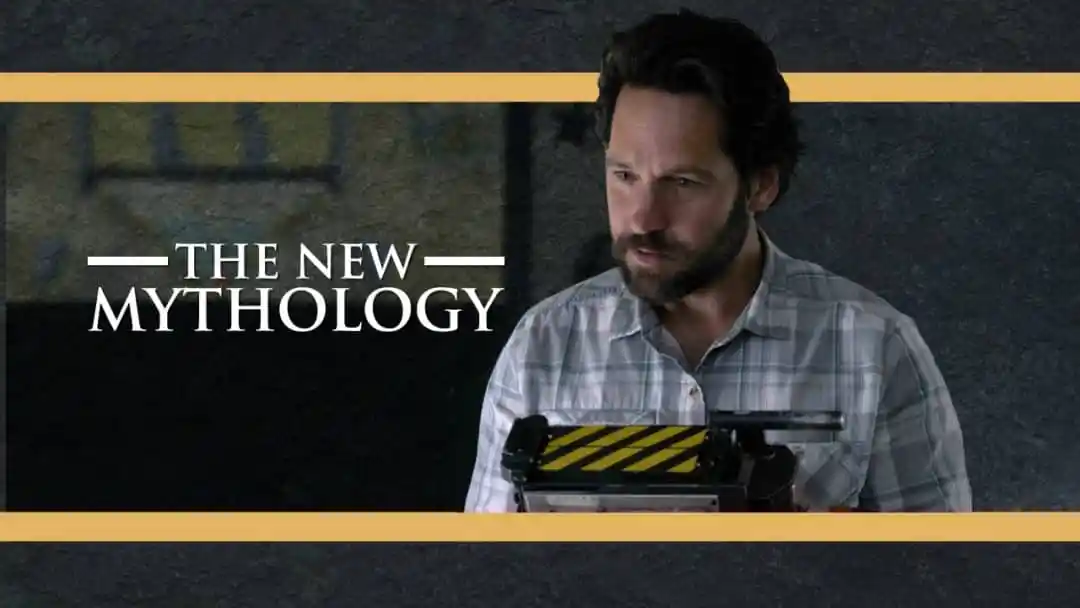This story contains spoilers for Joker.
The Joker is Batman’s most iconic villain. Batman and the Joker are always intertwined; when one shows up, the other almost always follows. It’s almost taken for granted that Batman and the Joker will remain in a constant struggle forever. The Joker represents chaos and Batman represents order, two forces of nature destined to clash again and again.
This dynamic made DC Films’ decision to make a solo Joker origin story confusing. The villain’s origin story has been wildly inconsistent over the years, and Suicide Squad showed he’s not particularly captivating in stories that don’t explore his relationship to Batman. What could a Joker film possibly bring to the table?
What Joker showed is the Joker is the narrator of his own story. There is a subplot in the film where Arthur Fleck, yet to fully embrace the mantle of Joker, cares for his elderly mother. She keeps sending letters to Thomas Wayne, a man she briefly worked for decades earlier, in the hopes that he might help them out financially. At one point, Arthur finds one of these letters and learns that his mother had an affair with Thomas that led to his conception.
Arthur grasps onto this and even confronts Thomas, who outright denies it. Arthur is fully invested in the idea that he is the billionaire’s son. Arthur later learns that his mother has a history of psychotic delusions, and this is most likely just one of them, but he doesn’t seem to care. The story matters more than the truth.

In the main plot of Joker, Arthur fatally shoots three men on the subway after they badly beat him. These men were high-level employees of Thomas Wayne, and many people in the city take to the streets with clown makeup, connecting the murders to a protest against the wealth of the Wayne empire. But Arthur didn’t kill the men because they were rich, but because they were incredibly mean to him.
Once Arthur finally becomes Joker, he no longer cares that the killings were not inspired by class struggle. He is fully ready to embrace that narrative. Even after going on the Murray Franklin (Robert De Niro) Show and outright saying that he didn’t kill the men because they were rich, he is happy to embrace his crowds of followers. Again, the story matters more than the truth.
In the Joker’s first comic book origin story in 1951 he was the Red Hood, a master criminal who jumped into a vat of chemicals and became disfigured. Batman: The Killing Joke retold that story but framed the Joker as a patsy in a robbery who was really an engineer and failed stand-up comic. He was just a crime boss in 1989’s Batman and a mentally unstable clown for hire that finally snapped in Joker.
It doesn’t matter which origin story is canon. The Joker’s origin changes all the time because he wants it that way. If the waters are muddied on where he came from, that just helps him keep hold of his aura of danger. He gets to wear a story around as it suits him, throwing it away when it is no longer advantageous.

This notion was previously explored in The Dark Knight, where the Joker’s story about how he got his scars changes every time he tells it. In his first telling, he is the victim; his father gave him the scars in a drunken rage. The story is a way to get pity and elicit a false sense of security from his audience. In the second telling, he did it after his wife got similar scars. He was in full control here, and he wants to intimidate and scare his audience. In truth, the Joker of The Dark Knight doesn’t have an origin. Even if he did, would it matter? His self-mythologizing is what defines him.
There is even some ambiguity in The Killing Joke, which is arguably the character’s definitive origin story. His flashbacks are sporadically colored and broken, implying some amount of subjectivity to his past. Even as he wishes to recreate that “one bad day” for Jim Gordon, it isn’t clear which came first: the origin or the plan to weaponize it. Maybe The Killing Joke’s Joker was just a birthday clown with some murderous tendencies. Maybe there was something deeper to his plan. We are left to guess, and that is exactly what the Joker wants.
This is why it makes sense that the Joker is a clown. He requires an audience, whether it’s Batman, Commissioner Gordon, or any of his victims in Gotham and beyond. His job is to captivate, to keep their attention. All he needs is a good story.





Published: Oct 12, 2019 10:00 am